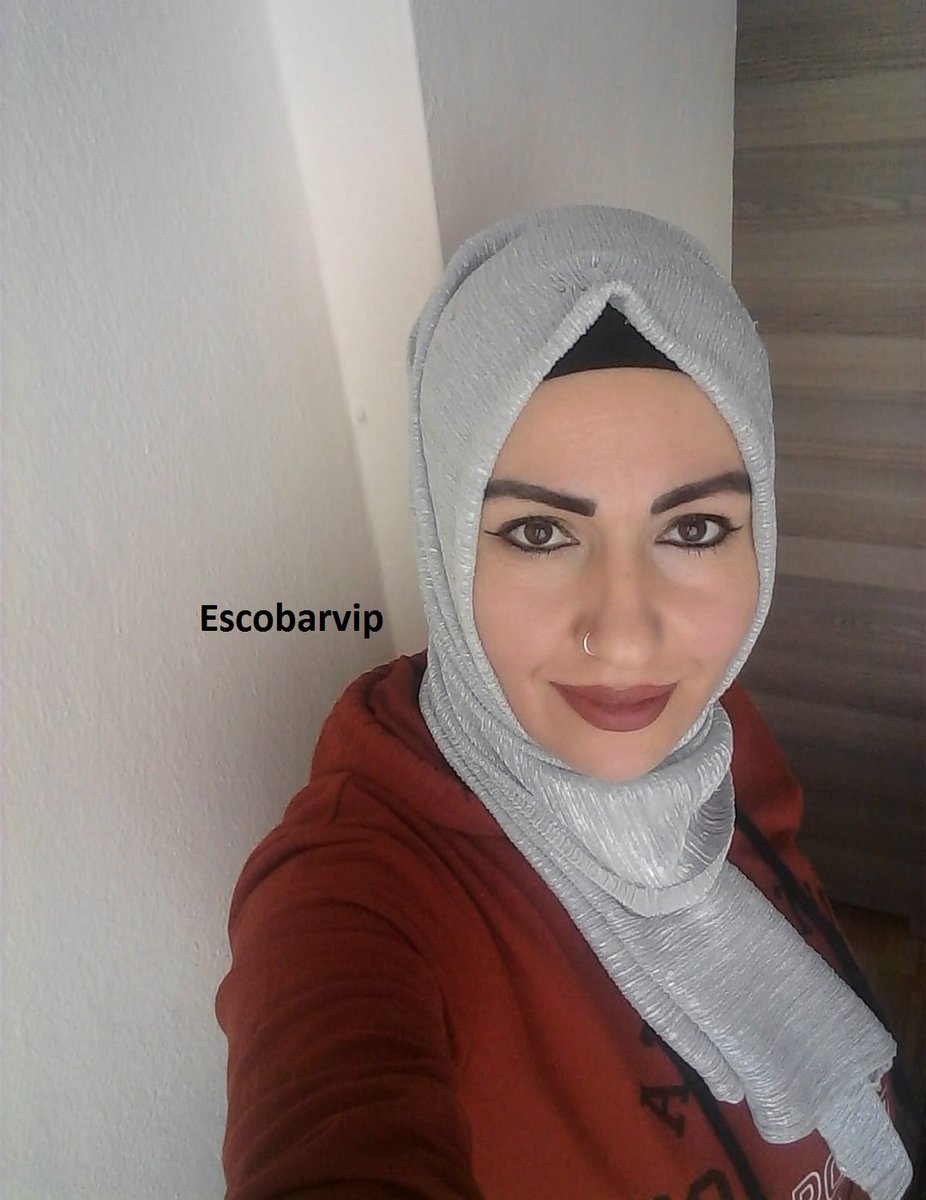Exploring The Enduring Legacy Of The Word Türk: A Journey Through Time
Have you ever stopped to consider how a single word can carry so much history, so many shifting meanings across the centuries? The word “Türk” is that kind of word, truly. It’s a term that has seen its meaning evolve quite a bit, from ancient records to modern identities. It’s a fascinating linguistic journey, really, showing us how language and identity are deeply connected, you know?
It’s a bit like looking at an old map, where borders change and names appear or vanish. The story of “Türk” is very much a story of diverse peoples, languages, and vast geographies. It stretches across continents and through different eras, reflecting the complex tapestry of human civilization, so it's almost a history lesson in itself.
Today, we hear “Türk” and often think of a specific country, a particular language. But its roots go far, far deeper than that, reaching back to times when its meaning was quite different, even within the same regions. We’re going to take a little look at this rich history, seeing how this powerful word has shaped and reflected various communities and their stories.
- Lia Engel Onlyfans Leaks
- Sone 303
- Nude Photos Of Brandi From Storage Wars
- Mario Kart 8 Deluxe Rom
- Teach Me First Comic Free
Table of Contents
- The Shifting Sands of Identity: "Türk" in the Ottoman Era
- Ancient Echoes: The Earliest Mentions of "Türk"
- A Language Spoken Wide: Understanding Türkçe
- Beyond Borders: The Vast World of Turkic Peoples
- Unearthing the Past: Göktürks and Early Türk Communities
- "Türk" Today: A Modern Understanding
- The Grand Narrative: Türk History as World History
- A Global Figure: Volker Türk's Role
- Common Questions About the Word "Türk"
- Looking Back, Looking Forward
The Shifting Sands of Identity: "Türk" in the Ottoman Era
It’s rather interesting to consider how the word “Türk” was used, particularly during the 19th century in the Ottoman Empire. Back then, you see, the term “Türk” typically referred to the Anatolian peasants. It wasn't a universal identifier for everyone in the empire, not at all.
The ruling class of the Ottoman Empire, they saw themselves as Ottomans, not primarily as Turks. This distinction is quite important, actually. It shows a fascinating layer of identity, where a shared imperial heritage was what truly defined the elite, rather than an ethnic label. It was a different way of looking at things, you know, compared to how we might think about national identities today. This subtle difference really highlights how meanings can change over time, and in some respects, how complex identity can be.
Ancient Echoes: The Earliest Mentions of "Türk"
The origins of the word “Türk” stretch back much further than the Ottoman period, which is pretty cool. Scholars and historians, they’ve found evidence of its use that goes way back to the 1st century. It's almost incredible to think about.
- Vintage Family Nudist
- %D8%B3%D9%83%D8%B3 %D9%85%D9%8A%D8%B1%D9%86%D8%A7
- Sophie Rain Spider Man Video
- What Happened To Dustin Hurt
- V3 Vegamovies.bitbucket.io
For instance, Roman historians like Pomponius Mela and Plinius, they recorded the word. They mentioned people living east of Azak as “Turcae” or “Tyrcae.” This early documentation is quite a big deal, really, as it shows that the term, or something very similar to it, was recognized in classical antiquity. It gives us a glimpse into how ancient civilizations perceived and named the groups they encountered, suggesting a long and deep history for the term itself. So, in a way, the word has been around for a very, very long time.
A Language Spoken Wide: Understanding Türkçe
When we talk about the word “Türk,” it’s impossible not to mention the Turkish language itself, which is called Türkçe. It’s a very significant language, you see. With around 90 million speakers, Türkçe is the most widely spoken of all the Turkic languages. That’s a pretty large number of people, if you ask me.
Sometimes, it’s also known as ‘Türkiye Türkçesi,’ which means ‘Turkish of Turkey,’ just to be a bit more specific. This language forms a vital connection for millions, serving as a bridge for communication and culture across a really wide area. It’s a living testament to the enduring presence of Turkic cultures and their linguistic heritage, and it’s always evolving, too.
Beyond Borders: The Vast World of Turkic Peoples
The concept of “Türk” extends far beyond just the modern country of Turkey. It encompasses what we call Turkic peoples. These are various groups of people whose members speak languages that belong to the Turkic subfamily, which is part of the larger Altaic family of languages. It’s a much broader picture, really.
These Turkic peoples, they live across a really wide geographical area in Eurasia, spread out in various communities. Their shared linguistic heritage connects them, even though their individual histories and cultures might be quite diverse. A Turkic historian, for example, might recall periods that were marked by what felt like shame, a sense of degradation, or humiliation. This could include, you know, the ‘blood tribute,’ which was the obligation to fight in imperial armies. It shows that their shared history, in some respects, carries both triumphs and really heavy burdens, too.
Unearthing the Past: Göktürks and Early Türk Communities
The timeline of Türk history is truly extensive, covering the common historical journey of present-day Türk peoples and other Türk communities who spoke the Türk language among various foreign populations. It’s a really long and complex story, you know?
This history stretches back to communities that existed even before the Göktürks, who were a very important early Turkic empire. When we look at this deep past, it becomes clear that the presence of Türk-speaking groups has been a consistent thread in Eurasian history for many, many centuries. Researchers have done a lot of work to find the earliest mentions of the word “Türk,” because they believe that since the Türk people are such an ancient nation, the word itself must appear in old sources. This ongoing research helps us piece together a much fuller picture of their ancient origins and movements, which is pretty fascinating.
"Türk" Today: A Modern Understanding
In our current day, the word “Türk” most commonly refers to a native or inhabitant of Turkey. It’s the primary ethnic group in modern Turkey, and that’s how many people understand the term, basically. You can see examples of “Turk” used in sentences, and you’ll find it in English dictionaries with definitions that point to this modern association. It’s also got synonyms, and its pronunciation and translation are pretty well established.
This contemporary meaning is a result of centuries of historical development, cultural evolution, and the formation of modern nation-states. It shows how a word can settle into a more specific meaning over time, even if its historical usage was much broader. It’s a rather clear example of how language adapts to changing political and social realities, too.
The Grand Narrative: Türk History as World History
Some scholars and historians, they put it quite strongly: they say that Türk history is, in a way, world history. This is because they believe that history itself began with the Türk people, and that Türk people have actually guided the course of history. That’s a pretty bold claim, isn’t it?
This perspective emphasizes the profound and widespread impact that Turkic peoples and their cultures have had on global developments. From ancient migrations and empires to cultural exchanges and technological advancements, their influence has indeed touched many parts of the world. For anyone interested in truly comprehensive historical studies, exploring Türk history is a very, very important step. There are many resources available for those who want to delve deeper into these historical investigations, which is great.
A Global Figure: Volker Türk's Role
It’s interesting how the word "Türk" also appears in modern contexts, sometimes as a surname. Take Volker Türk, for instance. He’s an Austrian lawyer and a United Nations official, born on August 27, 1965. He’s a really significant figure on the global stage, you know.
Since October 2022, he has held the very important position of the UN High Commissioner for Human Rights. His work involves advocating for and protecting human rights around the world, which is an incredibly vital role. His name, while a surname, connects back to the broader linguistic and historical discussions we’ve been having about the word “Türk” itself, just in a different way. It shows how a word can manifest in various forms and contexts, from ancient ethnic labels to personal names in the modern world.
Personal Details and Bio Data: Volker Türk
Here's a quick look at some key details about Volker Türk:
| Detail | Information |
|---|---|
| Full Name | Volker Türk |
| Date of Birth | August 27, 1965 |
| Nationality | Austrian |
| Profession | Lawyer, United Nations Official |
| Current Role | UN High Commissioner for Human Rights |
| Appointment Date (Current Role) | October 2022 |
Common Questions About the Word "Türk"
People often have questions about the word "Türk," especially given its long and varied history. Here are a few common ones, which is pretty typical:
What is the earliest known use of the word "Türk"?
The earliest uses accepted by scholars were recorded in the 1st century by Roman historians Pomponius Mela and Plinius. They noted people living east of Azak as "Turcae" or "Tyrcae," which is pretty neat.
How did the meaning of "Türk" change in the Ottoman Empire?
During the 19th-century Ottoman Empire, "Türk" generally referred to Anatolian peasants. The ruling class, however, identified as Ottomans, not specifically as Turks, which is a key distinction, really.
Are all Turkic peoples from Turkey?
No, not at all. Turkic peoples are a broad group spread across Eurasia, speaking languages from the Turkic subfamily. While the primary ethnic group in modern Turkey is Turkish, there are many other distinct Turkic peoples globally, which is something many people don't realize.
Looking Back, Looking Forward
The journey through the history of the word “Türk” truly shows us how dynamic and rich language can be. It’s a term that has adapted, expanded, and sometimes narrowed its meaning over thousands of years, reflecting the complex lives of the people it describes. From ancient Roman texts to the modern world, it tells a story of identity, language, and the deep connections that bind communities together, you know?
Understanding this history helps us appreciate the nuances of identity and the power of words. It encourages us to look beyond simple definitions and consider the full historical context that shapes our language. To learn more about the fascinating connections between language and culture, you might want to explore our insights on linguistic heritage on our site. And for more historical perspectives, this page offers a deeper dive into ancient civilizations. You could also visit a reputable source like the Encyclopaedia Britannica for more information on Turkic peoples, which is a good place to start, too.
- Nude Photos Of Brandi From Storage Wars
- Wasmo Somali Link Telegram 2025
- Hikaru Nagi
- Sophie Rain Spider Man Video
- Fik Fap Indian

Yerli İfşa on Twitter: "Takipçimiz kardeşi ile devam Daha fazlası için

Viral 2024 Twitter Video - Bernie Pamela

Understanding Turk Ifsa Sotwe: A Guide